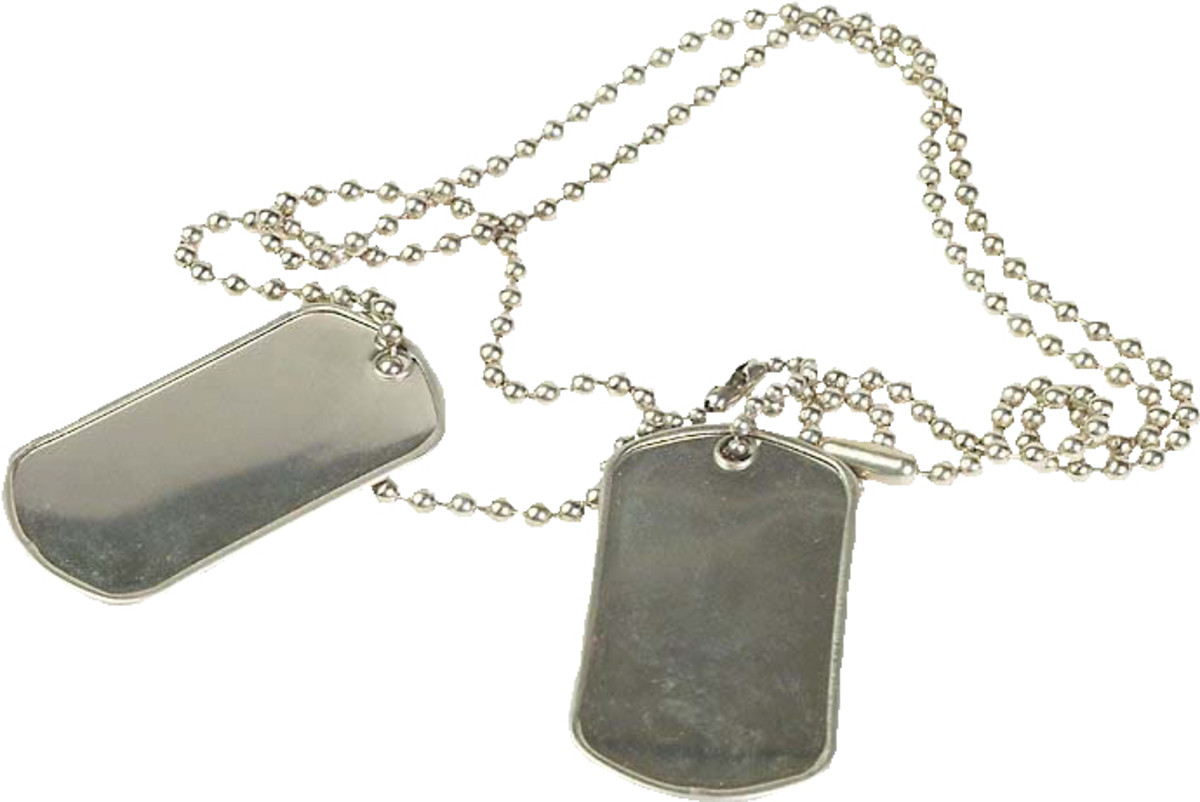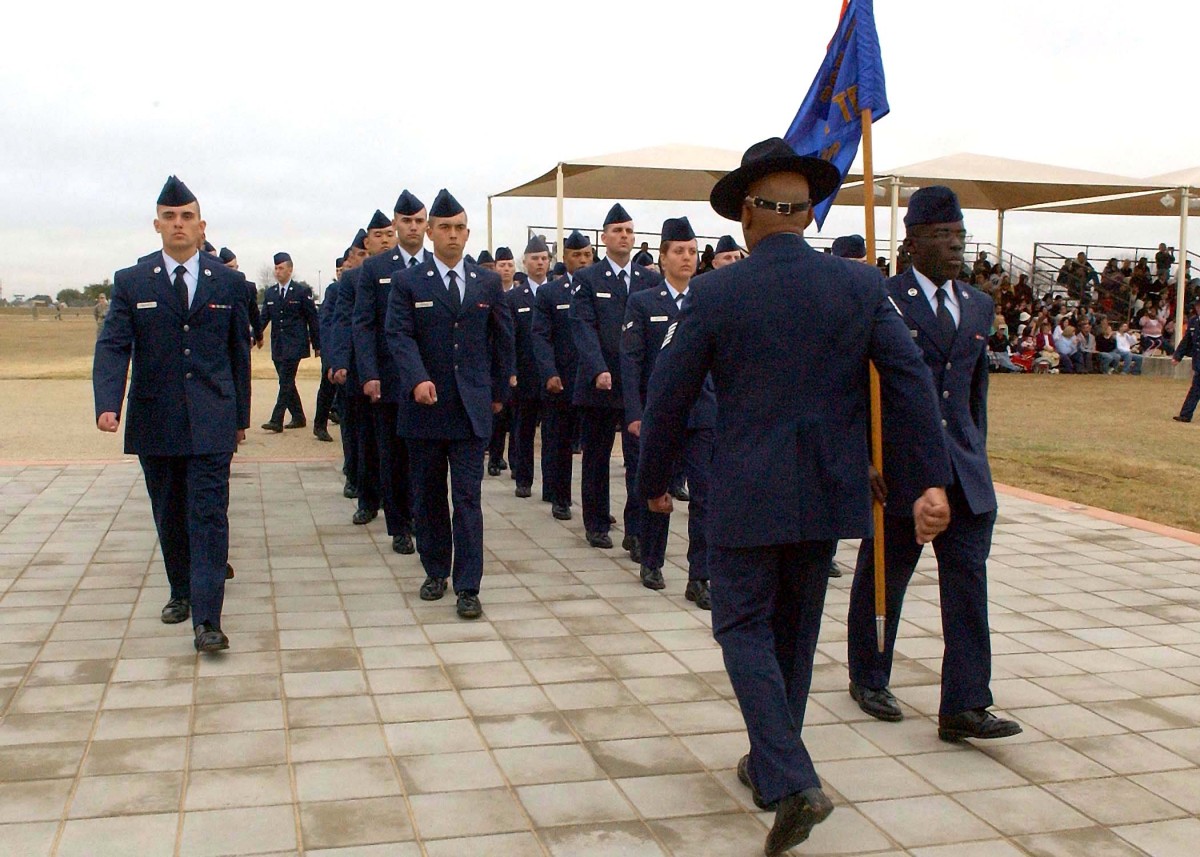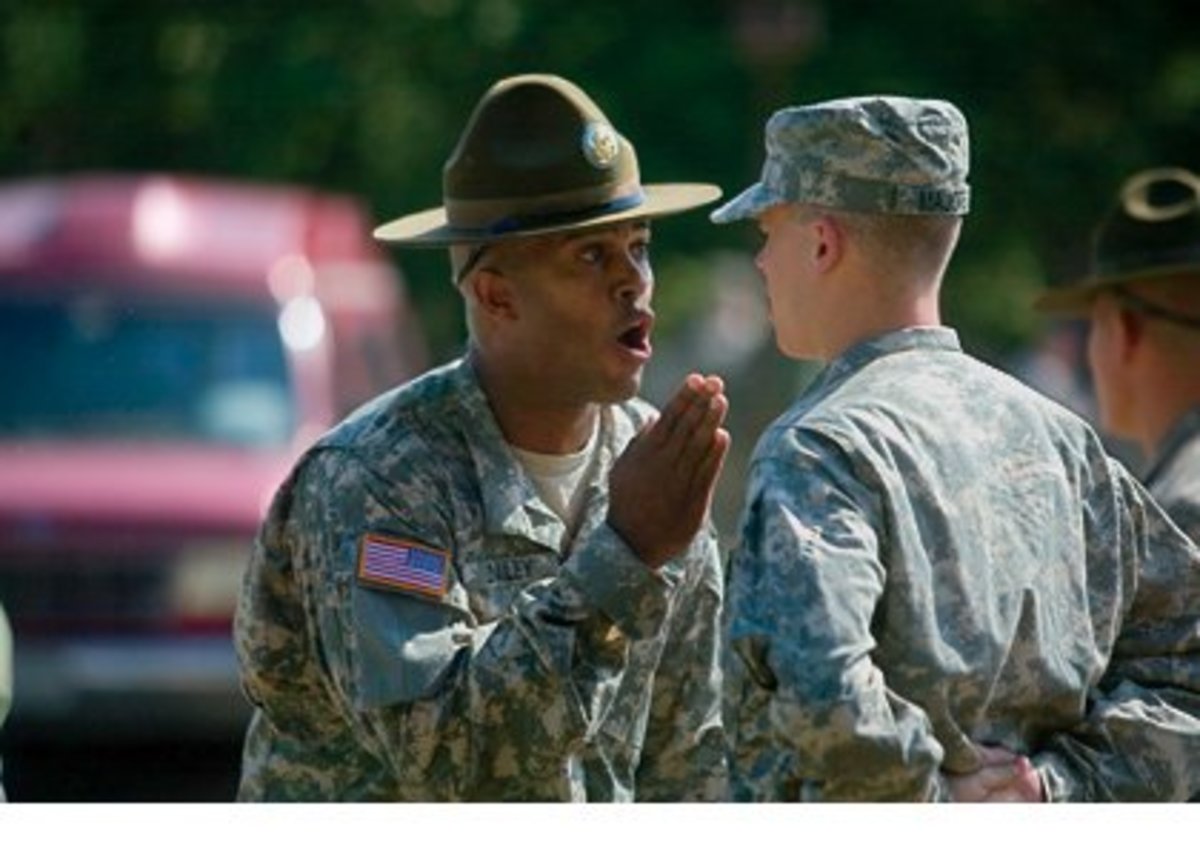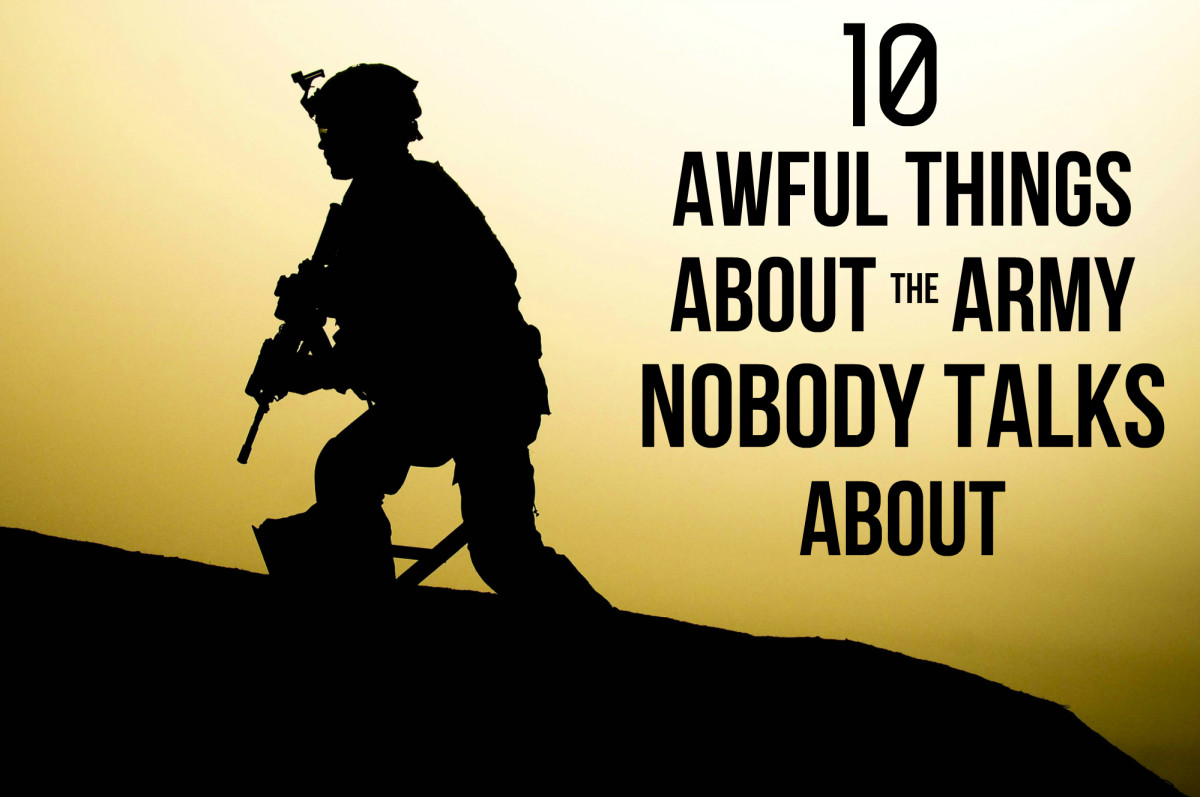Advice for When a Loved One Ships Out: Tips For Surviving a Deployment
Military families face unique challenges when a service member deploys, whether or not it’s to a combat zone. As a military wife, I went through several of them and now, as the parent of a service member, I’m going through them again. They can be tough but they can be opportunities for personal growth as well growing closer as a couple or family.
My experience with military deployments
I joined the Navy when I was 22 and within seven months, I was married to a fellow sailor. Having both of us in the service presented some challenges because it wasn’t easy getting stationed together and it didn’t help that I was enlisted and he was an officer.
When we’d been married little over a year, my husband left for a six-month WestPac (Western Pacific). After he returned to California, we didn’t experience another deployment until four years later when he was transferred to a Construction (Sea Bee) Battalion in Gulfport Mississippi. By then, we’d had our first son, who was just under 2 years old at the time. Having him made the deployments both easier and harder.
Because a new battalion was being initiated, the usual deployment times were extended and adjusted. Ultimately, my husband went on three deployments with the Sea Bees; the first was 13 months long and the second was 9 months. He transferred out of the unit just a couple months into the third tour.
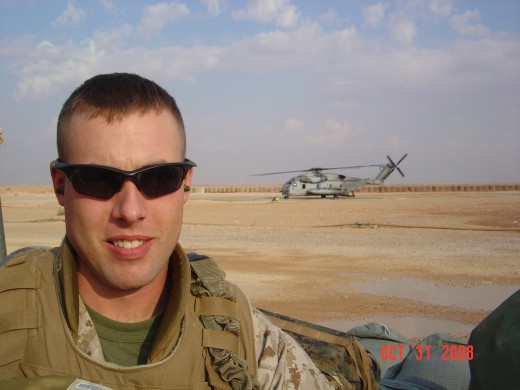
Now the boy who was just a toddler when his dad deployed for the first time is a captain in the Marines and is leaving in mid-Sept. (2012) for his second tour in Afghanistan. His first deployment (to Iraq in late 2008) was relatively safe. His first tour to Afghanistan was more worrisome due to the nature of his mission and location. His unit was training Afghan soldiers. The recent news of "green on blue" killings (Afghans killing NATO members) made me grateful that his deployment was without incident. This time, he'll be embedded with the (Soviet) Georgians.
Having been through a few of these deployments – first as a newly-married woman, then parent of a young child who didn’t understand why dad wasn’t coming home and now parent to that same child going through his own deployments – I offer the following tips and insights to make preparing for the deployment a little less stressful. More information and resources can be found at the government’s Force Health Protection & Readiness Policy & Programs.
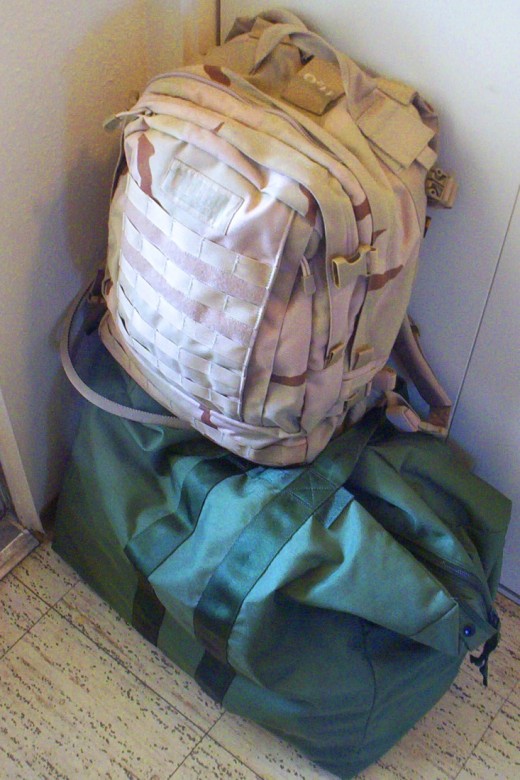
Preparing for deployment
- Understand that tension at home will increase in the weeks and days before the unit leaves. This is normal. The service member will be putting in extra hours training and getting ready for the deployment. His focus will be on what needs to get done. Yours might be on spending more time together. This clash is going to create conflict but remember, that extra training could save your loved one’s life.
- Don’t be ashamed to feel almost relieved by the time your spouse leaves. It’s just a natural reaction to the stress and the build-up to “The Day.” Then you’ll feel guilty. Don’t. Again it’s just the emotional roller coaster that occurs before a deployment. By the time you get your first call from your spouse, you will have forgotten the bad times.
- Keep your spouse connected to the kids. Get him to record bedtime stories that can be replayed later. It will be nice to hear daddy's voice when a call can't be made. Have her leave small wrapped gifts behind. They don’t have to be expensive, just little reminders that mom is thinking of the kids.
- Make sure you have contact numbers. Whether it is for the (Army) unit’s Family Readiness Group (FRG) or (Navy) Ombudsman or for the local plumber, it’s important to know whom you can call on in times of need. Our son’s battalion for his first two deployments was in Hawaii; we are in Illinois. Before both deployments, he gave us numbers to friends on the island should we need a resource there.
- Get important papers filled out. You may need to get a power of attorney if you anticipate selling your home while your spouse is deployed. You should strongly consider having a medical power of attorney and/or a medical directive (these are good to have regardless). When my son left for Afghanistan the first time, he left us a letter to be opened only if he were killed. Typically, these types of paperwork are discussed in pre-deployment meetings.
See part 2 for more tips on the deployment and homecoming.



